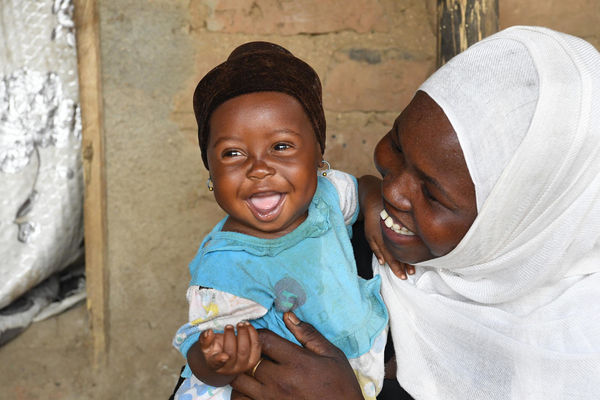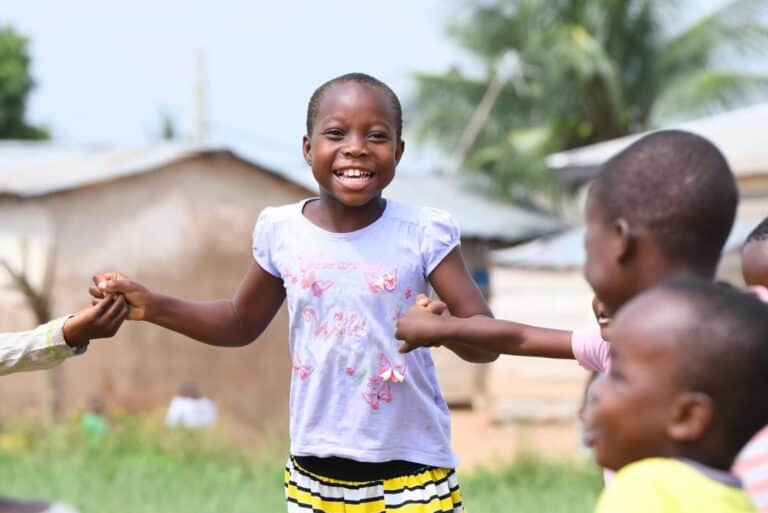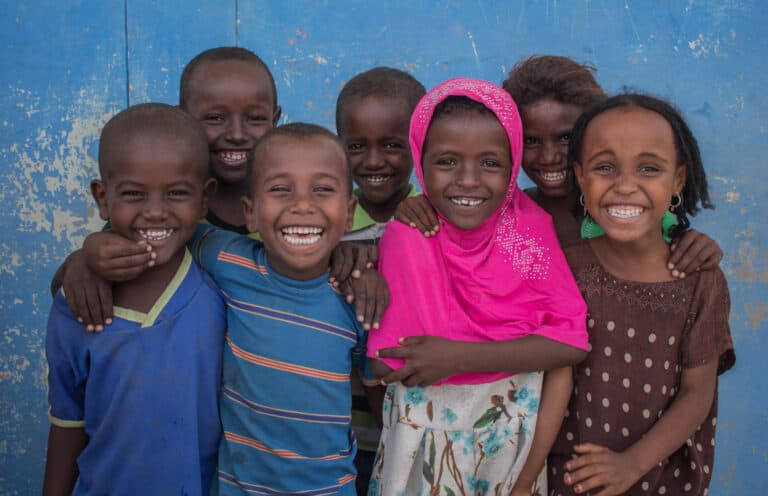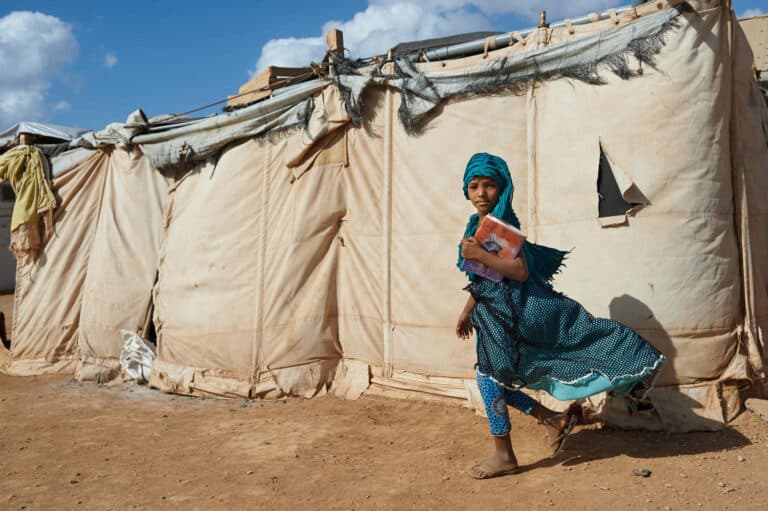The Data and Analytics Section of UNICEF generates, analyzes and publishes hundreds of globally comparable indicators on children and women. They are now explicitly licensed as open data using the popular Creative Commons Attribution 3.0 IGO license.This is the final step in a two-year long initiative aided by a grant from the Bill and Melinda Gates Foundation to move to 100 percent open data compliance, a demanding best practice benchmark that addresses both technical and legal principles.
UNICEF’s commitment to open data is, in essence, a commitment to targeted, efficient global communication: Open data allows the right information to get to the right people at the right time – to decision-makers and key influencers so that policy decisions can be better informed, more equitable, and more likely to protect children’s rights; to children and communities so that they may hold the powers that be accountable for the decisions that impact their rights.
As a foundation for these efforts, UNICEF chose the United Nations-preferred and ISO-grounded SDMX (Statistical Data and Metadata eXchange) standard, which is explicitly designed to foster open data approaches. To begin with, open data compliance requires that all data be machine readable. This was achieved by organizing all indicators around shared code lists and making them available in a common, SDMX-enabled data warehouse that provides a standard set of communication interfaces (APIs). Secondly, these APIs deliver the data using any of three non-proprietary data formats, CSV, JSON and XML, so that users are not required to own any commercial software to use the data. Thirdly, open data insists on the need for transparency and lineage. What are the raw data sources? What computation methods are used? What is the formal definition of the indicator? These metadata are attached to the data sets, and also available via indicator profiles. The final step was to attach a clear and well known licensing standard to these data, the Creative Commons Attribution 3.0 IGO license which lets users know exactly how they can be used. With this last step, UNICEF has fully delivered on the promise that UN datasets should be global public goods.
At last, researchers, policy makers, and the general public can easily leverage UNICEF data to better understand and act on the many challenges facing children and women in the world today. Indeed we are already seeing the immense public interest generated by these datasets, as we serve hundreds of thousands of queries each month, a number that only increases as we continue to increase the breadth and depth of the datasets themselves.



